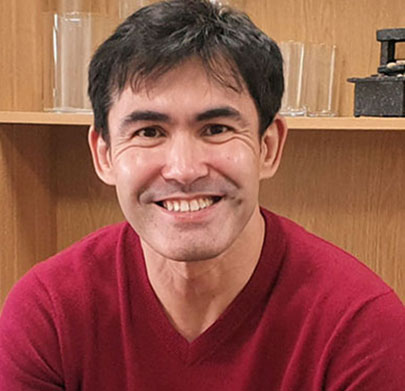
All children experience feelings of anger from time to time.
Understandably, children find it difficult to understand the difference between feeling angry and acting aggressively and part of being a parent involves helping children learn to manage their feelings in healthy ways.
Our trained child counsellors in Jesmond are experienced in helping to teach proven coping and behavioural skills that help children as their brain develops into adulthood.
Childhood anger and behavioural difficulties are amongst the common issues parents of children get in touch with our team of child counsellors in Newcastle about.
But what can you do to help them too?
Help Your Child Learn the Difference Between Feelings and Behaviour
Children react to the way they are feeling. In cases where aggressive behaviour is present it is important to teach children to observe the feelings they are having and that their behaviour isn’t always the best way of responding to that feeling.
This is the first step towards helping children learn to create distance between their feelings and behaviour. Sometimes a child might feel sad but because they don’t know how to respond to that emotion, they lash out instead.
By encouraging them to notice how they are feeling, they will learn a greater “emotional literacy” and behavioural flexibility in their responses to different emotions, which will allow them to feel okay again and decrease their tendency to just react out of anger.
In practice, depending on the age of the child, taking them out of the situation and offereing soothing or if older, helping them problem solve can help change the way children and young people think about how they feel and behave.
Monitor your Own Anger Levels
Children often copy their parents – especially when younger. This makes sense as young children have nothing to use as a reference on how they should respond to the world or difficult situations, so they repeat what they have seen.
While children may not copy their parent’s actions identically, they are always watching what you say and how you respond to the world!
Understandably, adults and parents become stressed in their daily lives. If this often leads you to losing your temper or becoming frustrated in front of your children, it might be helpful to seek anger management counselling for yourself to help deal with such difficult emotions.
When you take responsibility for your actions caused by anger, your child will follow suit. If this is part of the problem, contact our counsellors in Jesmond today.
Strengthen your Family Unit
No matter what the size and arrangment of your family unit, it is the feeling of safety and security that matters to children.
When there is lots of family stress present, your child will pick up on it and react in ways that express their feelings.
This can also happen for children and teenagers – it is not uncommon parents to seek counselling for teenagers due to difficulties with behaviour.
Parental arguments cause a child to feel unsafe and threatened, even by their primary caregivers, so protecting children from toxic interactions is key to them relaxing their nervous system.
Small strategies to create positive family experiences such as eating meals together, talking about your day together, and engaging in fun activities as a family all help toinstil a sense of calm within your son or daughter.
Contact us about Child Counselling in Jesmond
There are a number of reasons that children and teenagers can show anger difficulties – and it’s not always related to what’s going on – sometimes it can be difficulties with managing their emotions.
Our skilled child counsellors in Jesmond and Newcastle (and online) are qualified and experienced in offering a range of therapies and approaches to help work with children and caregivers to manage difficulties.
If you would like to speak with counsellors in Jesmond about your son or daughter’s difficulties, fill in the box below or call us on 07966645198 to speak to a member of the team today.

Best wishes,
Dr Stuart Sadler
Lead Clinical Psychologist




